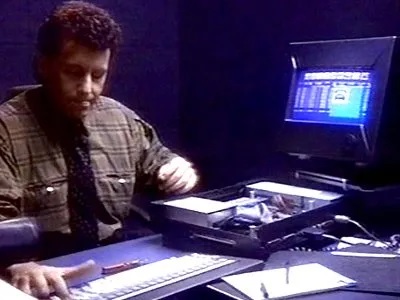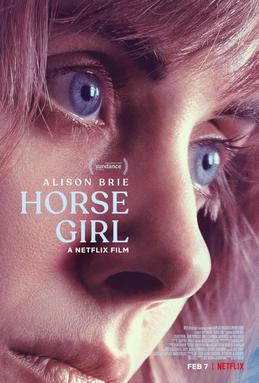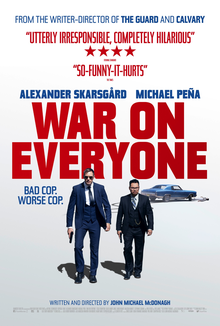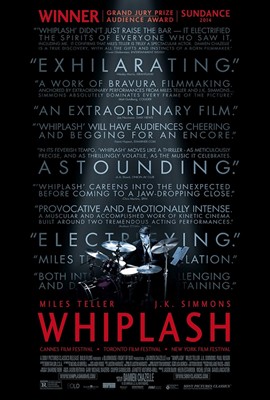 Which member of the Diner gang would you be?
Which member of the Diner gang would you be?
I think that is the question that everyone, or at least every guy, asks themselves after watching Barry Levinson’s debut film. Most would probably want to say that they’re Boogie (Mickey Rourke), because he’s cool, all the ladies love him, and he makes creative use of a popcorn box at the movies. Some would probably say that they want to be Fenwick (Kevin Bacon) because he’s smart and sarcastic. No one wants to be Billy (Tim Daly) or Eddie (Steve Guttenberg), even though we would all want to be their friend.
The truth is that most of us would probably be Shrevie (Daniel Stern), the just-married one who is discovering that being an adult means working an unglamorous job and discovering the rest of the world doesn’t care about your taste in music. The luckiest of us might be Modell (Paul Reiser), the funny one who doesn’t get a story but who makes a lot of jokes.
Diner was one of the first great hang-out movies. There is no plot, at least not in the traditional sense. Instead, it’s about a group of long-time friends who live in Baltimore in 1959. They grew up together. They went to high school together. They’ve been hanging out at the same diner for as long as they can all remember. And now, they’re at the point in their lives where the world expects them to act like adults and accept all the responsibility that goes along with that. It’s a film that celebrates their friendship while also acknowledging that some of them are using that friendship as an excuse to not grow up. They escape into trivia and movies, with one minor character reciting Sweet Smell of Success by memory. Fenwick drinks. Boogie gambles. Even Billy, who doesn’t even live in Baltimore anymore, reverts to his old ways as soon as he returns for Eddie’s wedding and ends up sucker punching someone because of an old high school incident.
The preparations for Eddie’s wedding gives the film what structure it has. Eddie is marrying the unseen Elyse, assuming she can pass his demanding quiz about the Baltimore Colts. (That may sound unfair but if you’re from Baltimore, you’ll understand.) While Eddie gets ready for his wedding, Shrevie’s marriage to Beth (Ellen Barkin) seems to be falling apart and she finds herself tempted to cheat with Boogie, who has his own problems with a local bookie. Meanwhile, Billy learns that his girlfriend (Kathryn Dowling) is pregnant.
The film is about friendship and the friendships between the men feel real. Levinson held off on shooting the largely improvised diner scenes until the end of the film, by which time all of the actors had developed their own idiosyncratic relationships with each other. The heart of Diner is to be found in scenes like the one where Modell tries to ask for someone else’s sandwich without actually coming out and asking for it. The dialogue in that scene and so many others has the ring of age-old friendship. Though the film makes it easy to see why Mickey Rourke and Kevin Bacon become movie stars while Tim Daly has spent most of his career on television, the entire cast is still perfect in their roles. It’s about as strong as an ensemble as you could ever hope to see. They become the characters and watching the movie, it’s impossible not to see yourself and your friends in their performances.
Barry Levinson has gone on to direct many more films but for me, Diner will always be the best.






